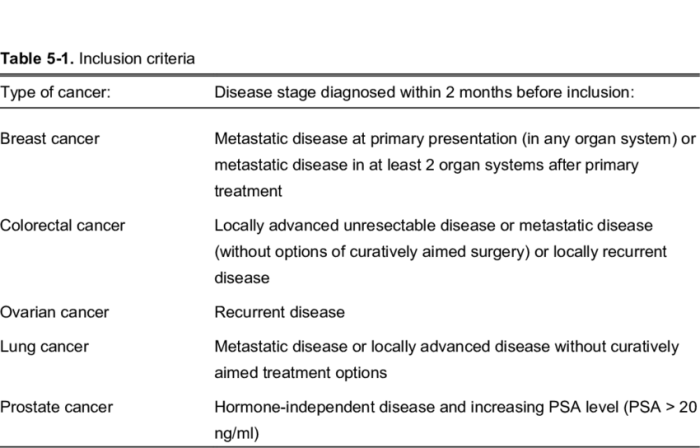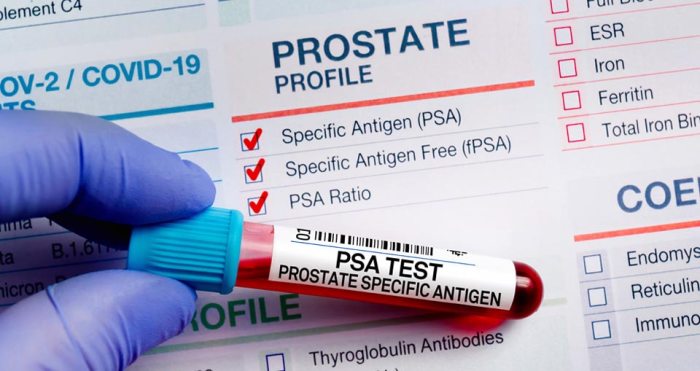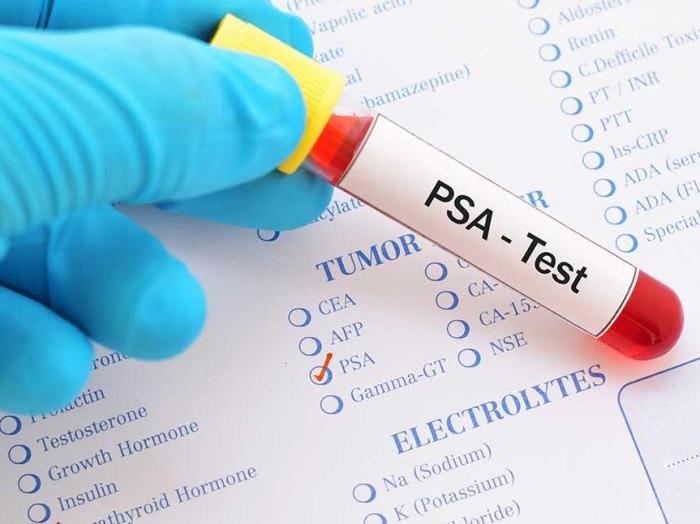Psa is an abbreviation that stands for -specific antigen. – PSA is an abbreviation that stands for prostate-specific antigen, a protein produced by the prostate gland. It is primarily used as a biomarker for prostate cancer screening and diagnosis, but its clinical significance extends beyond this role. This article delves into the definition, origin, and utility of PSA as a biomarker, exploring its limitations and considerations while highlighting its importance in prostate health management.
PSA levels are commonly measured through blood tests, and elevated levels may indicate the presence of prostate cancer or other prostate conditions. Understanding the interpretation of PSA test results is crucial for informed decision-making regarding further diagnostic tests and treatment options.
PSA Definition and Origin

PSA stands for prostate-specific antigen, a protein produced by the prostate gland.
PSA was first discovered in 1979 by Richard Ablin. It is a glycoprotein with a molecular weight of approximately 30 kDa.
PSA as a Biomarker

PSA is a well-established biomarker for prostate cancer. Elevated PSA levels can indicate the presence of prostate cancer, although they can also be elevated in other conditions such as prostatitis or benign prostatic hyperplasia.
PSA testing is widely used as a screening tool for prostate cancer. A PSA blood test measures the amount of PSA in the blood.
PSA Testing Procedures

There are two main methods for PSA testing:
- Total PSA test:Measures the total amount of PSA in the blood.
- Free PSA test:Measures the amount of PSA that is not bound to other proteins in the blood.
The free PSA test is more specific for prostate cancer than the total PSA test.
PSA Interpretation and Clinical Significance
The normal range for PSA levels is 0-4 ng/mL. PSA levels that are higher than 4 ng/mL may indicate the presence of prostate cancer.
However, it is important to note that elevated PSA levels do not always mean that a person has prostate cancer. Other conditions, such as prostatitis or benign prostatic hyperplasia, can also cause elevated PSA levels.
Limitations and Considerations: Psa Is An Abbreviation That Stands For -specific Antigen.

PSA testing has some limitations. For example, PSA levels can be elevated in men who do not have prostate cancer. This can lead to false-positive results.
Additionally, PSA levels can be low in men who do have prostate cancer. This can lead to false-negative results.
Therefore, it is important to interpret PSA test results in the context of other factors, such as the patient’s age, symptoms, and other medical conditions.
FAQ Compilation
What is the normal range of PSA levels?
The normal range of PSA levels varies depending on age and ethnicity, but generally, levels below 4 ng/mL are considered normal for men under 50 years old.
What factors can affect PSA test results?
Factors such as age, prostate size, recent prostate procedures, and certain medications can affect PSA test results.
What is the significance of elevated PSA levels?
Elevated PSA levels may indicate the presence of prostate cancer, but further tests are necessary to confirm the diagnosis.